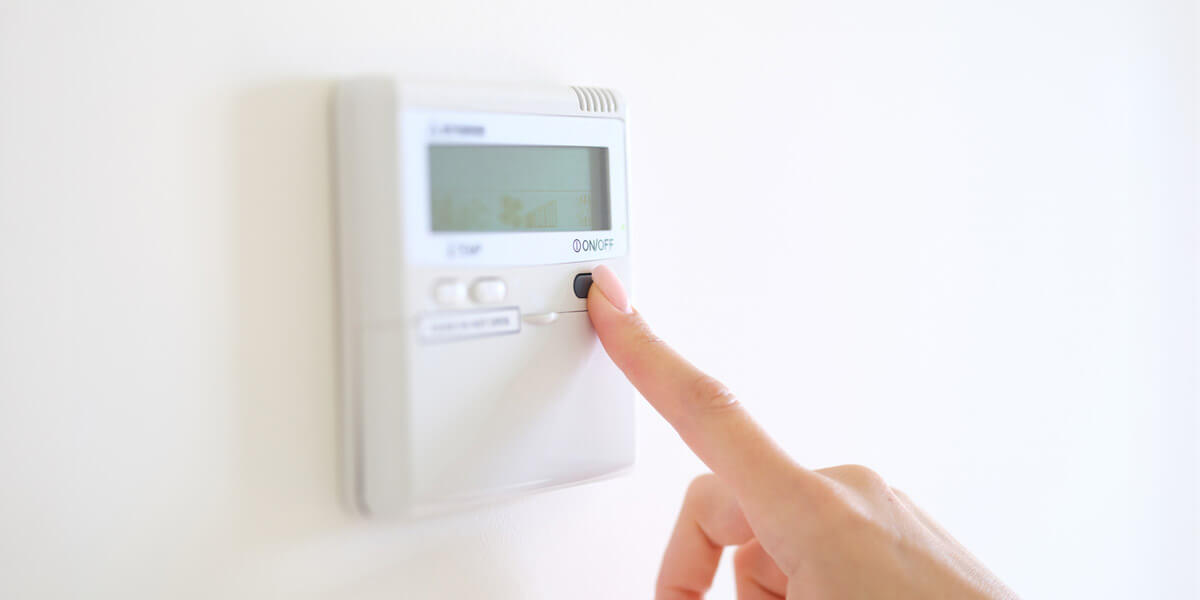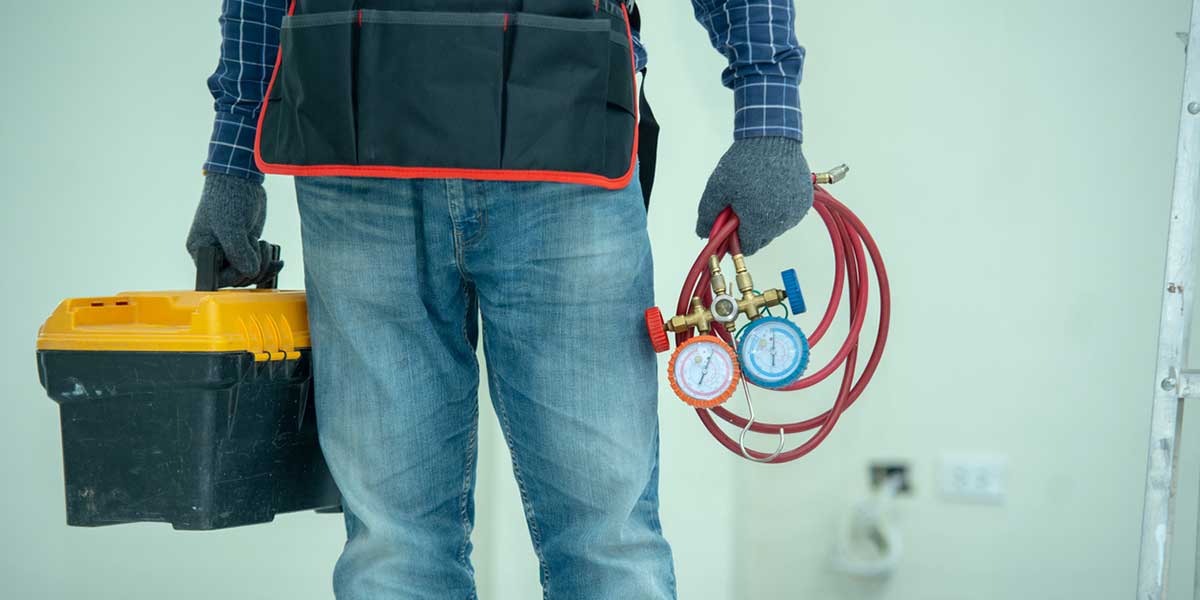For Arizona residents, the start of air conditioning season is not dictated by a date on the calendar, but by those first few days of skyrocketing temperatures. We all have our own tipping point when dealing with the arrival of triple digit heat. So how do you know when it’s time to switch from fan to AC mode? Here are some guidelines to help you decide the ideal timing for cool relief.
Consider the Temperature Trends
Many HVAC professionals recommend turning on your air conditioning once outdoor temps consistently hit 80-85°F during the daytime hours. This gives you a transition period when you’ll still get some energy-saving natural ventilation at night before sustained highs settle in for the long haul. Monitor the weather forecast for stretches where the daily highs will exceed this range. That’s your cue that warmer weather has arrived.
Evaluate Indoor Comfort Levels
A less scientific but equally valid gauge is when indoor temps make your home feel uncomfortable and sticky despite using ceiling fans and other passive cooling methods. Once you find yourself sweating while lounging inside, the AC becomes essential for maintaining an acceptable living environment.
Start the Season Gradually
When you do decide it’s AC season, try easing into it by setting the thermostat a few degrees higher than normal at first, around 78-80°F. Let your home and AC unit adjust over a couple days. Then work down to your regular comfort setting of 75°F or lower. This gradual approach prevents spikes in energy usage from that first extended run cycle.
Prep for Home Remodeling
With the intense summer heat quickly approaching, it’s imperative that any major home remodel accounts for HVAC accommodations. Plan early and partner with your qualified HVAC contractors at Bruce’s Air Conditioning & Heating to ensure your heating and cooling systems will function reliably and efficiently after the construction dust settles on your newly renovated Phoenix metro residence.
Listen to Your Body’s Signs
Ultimately, your own physical response to the transition of seasons may be your most accurate sign that AC is required. If you find yourself feeling uncomfortably hot, sweaty, lethargic, or unable to sleep at night due to the heat, don’t push it any longer. Call Bruce’s today to schedule an appointment to discuss your air conditioning system at 480-968-5652. We’ll help you beat the heat!
















